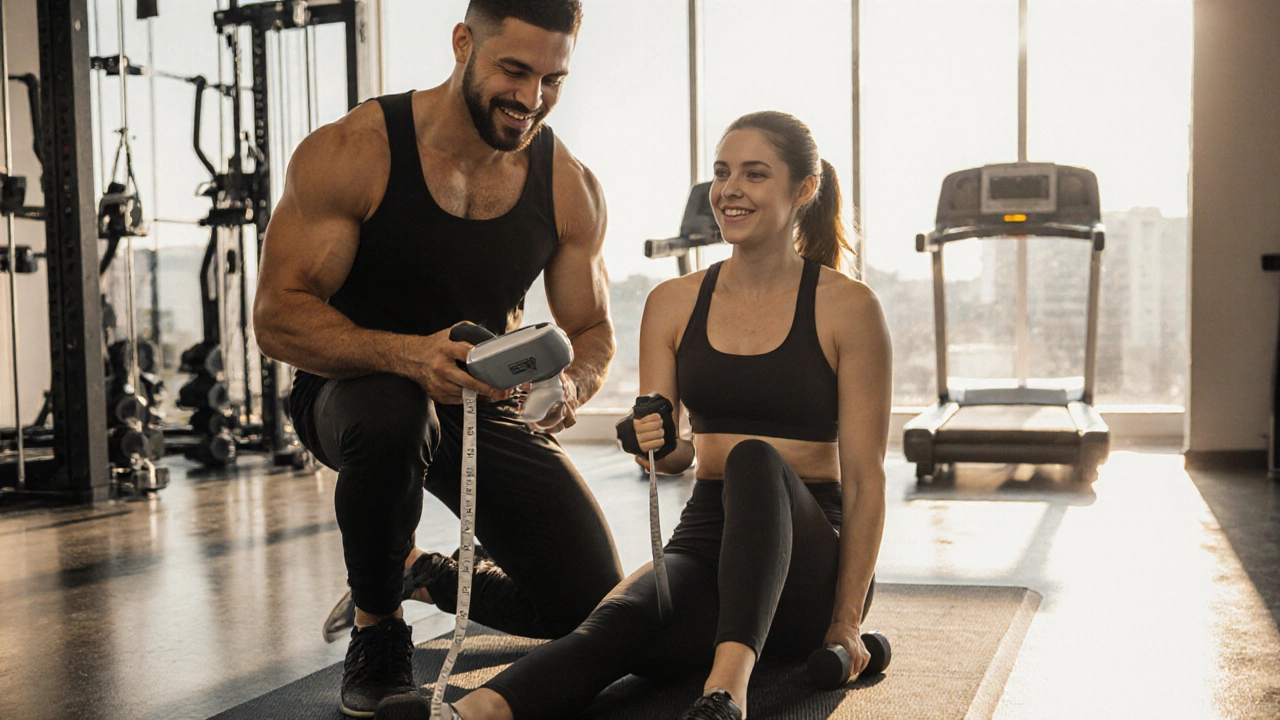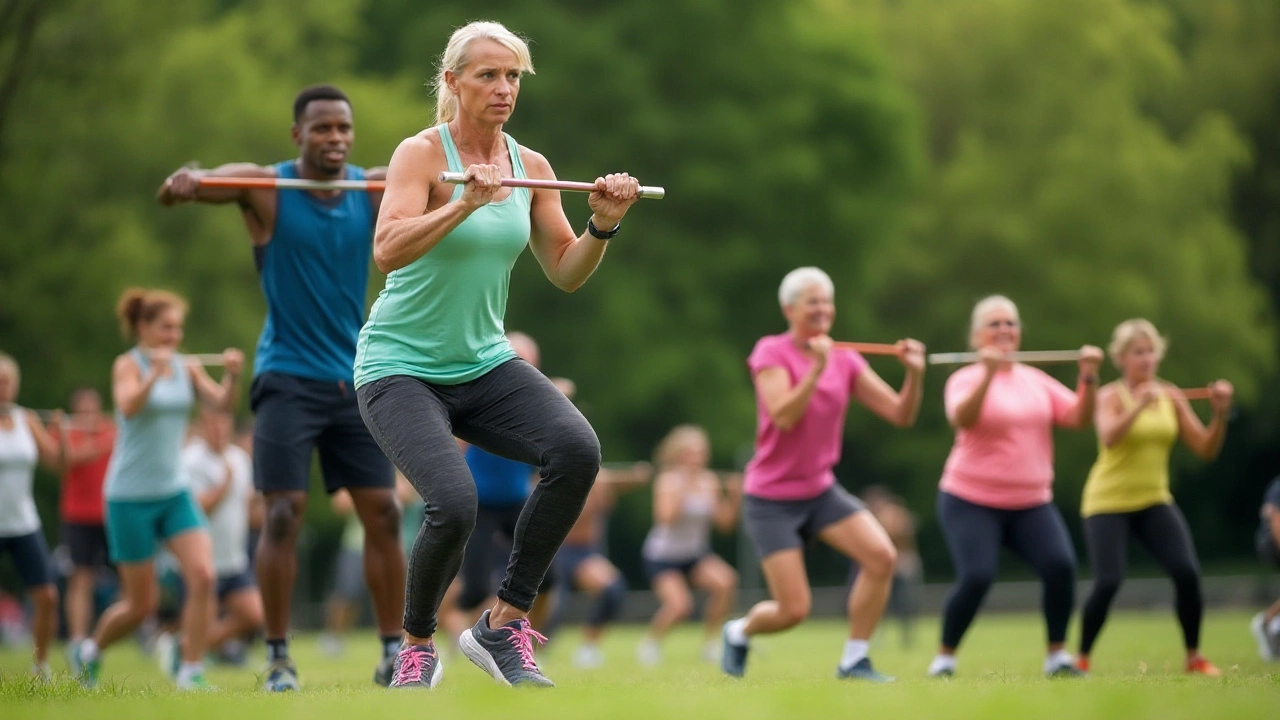Workout Duration: How Long Should You Exercise?
Ever wonder if a 20‑minute yoga session is enough or if you need a full hour at the gym? The answer isn’t one‑size‑fits‑all. Your ideal workout length depends on what you want to achieve, how much time you have, and how your body recovers.
Why Duration Matters
Time on the mat or in front of the treadmill controls three things: calorie burn, muscle stress, and recovery needs. Short bursts like HIIT can torch calories fast, while longer steady‑state sessions build endurance. If you push too long, you risk fatigue and lower performance in the next workout.
For weight loss, research shows 150 minutes of moderate cardio a week – that’s 30 minutes, five times – does the trick when paired with good nutrition. Strength training, on the other hand, only needs 45‑60 minutes per session because the muscles need time to repair and grow after the lift.
Finding Your Ideal Workout Length
Start by matching duration to your goal:
- Weight loss or cardio fitness: 20‑30 minutes of HIIT or 30‑45 minutes of steady cardio. If you’re new, begin with 10‑15 minute bursts and add five minutes each week.
- Strength & muscle gain: 45‑60 minutes focused on compound lifts (squats, deadlifts, presses). Keep rest periods short (60‑90 seconds) to stay in the zone.
- Flexibility & stress relief: 10‑20 minutes of yoga or stretching can be enough if you’re consistent. Longer sessions (30‑60 minutes) work well for deeper mobility work.
Fit your schedule first. If you only have 20 minutes before work, a quick 15‑minute HIIT circuit followed by a 5‑minute cool‑down still counts. Consistency beats occasional marathon sessions.
Listen to your body. If you’re feeling sore or low on energy, cut the time down or swap to a lighter activity like walking or a gentle stretch routine. Recovery is part of the equation, not a bonus.
Mix it up. A weekly plan might look like:
- Monday – 30 min moderate cardio (jog or bike)
- Tuesday – 45 min strength (full body)
- Wednesday – 20 min HIIT
- Thursday – 30 min yoga
- Friday – 45 min strength
- Saturday – 30 min fun activity (dance, hike)
- Sunday – Rest or light stretch
This variety keeps you from hitting a plateau and covers all fitness pillars.
Finally, track your time. Use a phone timer or a simple watch. Knowing exactly how long you work out helps you see progress and adjust when needed.
Bottom line: there’s no magic number that works for everyone. Aim for a duration that aligns with your goal, fits your life, and leaves you feeling energized, not exhausted. Start small, stay consistent, and tweak as you go – your body will thank you.

Is One Month of Personal Training Enough? Pros, Cons, and What to Expect
Maeve Larkspur Oct 18 0A practical guide answering whether a 1‑month personal training plan can deliver real results, covering goals, benefits, limits, and how to make the most of a short program.
More Detail
Is 1 Hour Gym Enough? Your Workout Time, Debunked
Maeve Larkspur Apr 24 0Wondering if just one hour at the gym really cuts it? This article tackles common myths, breaks down how to make the most of 60 minutes, and gives real tips you can use right away. Learn how workout intensity, your specific goals, and smart time management play a bigger role than just the clock. Get ready to tell if your sweat session is really doing what you want it to. No fluff—just honest, practical info.
More Detail
Is 2-Hour Gym Time Too Much?
Maeve Larkspur Mar 26 0Is a 2-hour gym session too long? This article dives into the pros and cons of extended workout sessions, how they affect your body, and the science behind optimizing your exercise routine. It covers signs of overtraining, tips for effective time management in the gym, and when longer sessions might actually be beneficial. Discover how to balance your workout goals with realistic time commitments.
More Detail
Optimal Workout Duration: Finding Your Perfect Balance
Maeve Larkspur Oct 9 0Planning the ideal workout duration can be daunting with the multitude of fitness advice out there. This article explores the factors that determine the length of your workout, such as fitness goals, personal health, and available time. We provide practical tips to create a balanced routine that fits your lifestyle while delivering effective results. Whether you aim for weight loss, muscle gain, or general fitness, understanding these elements will help you tailor your exercise sessions to meet your needs.
More Detail